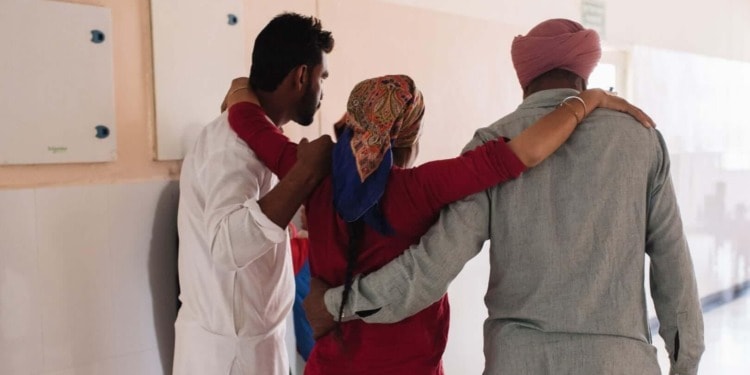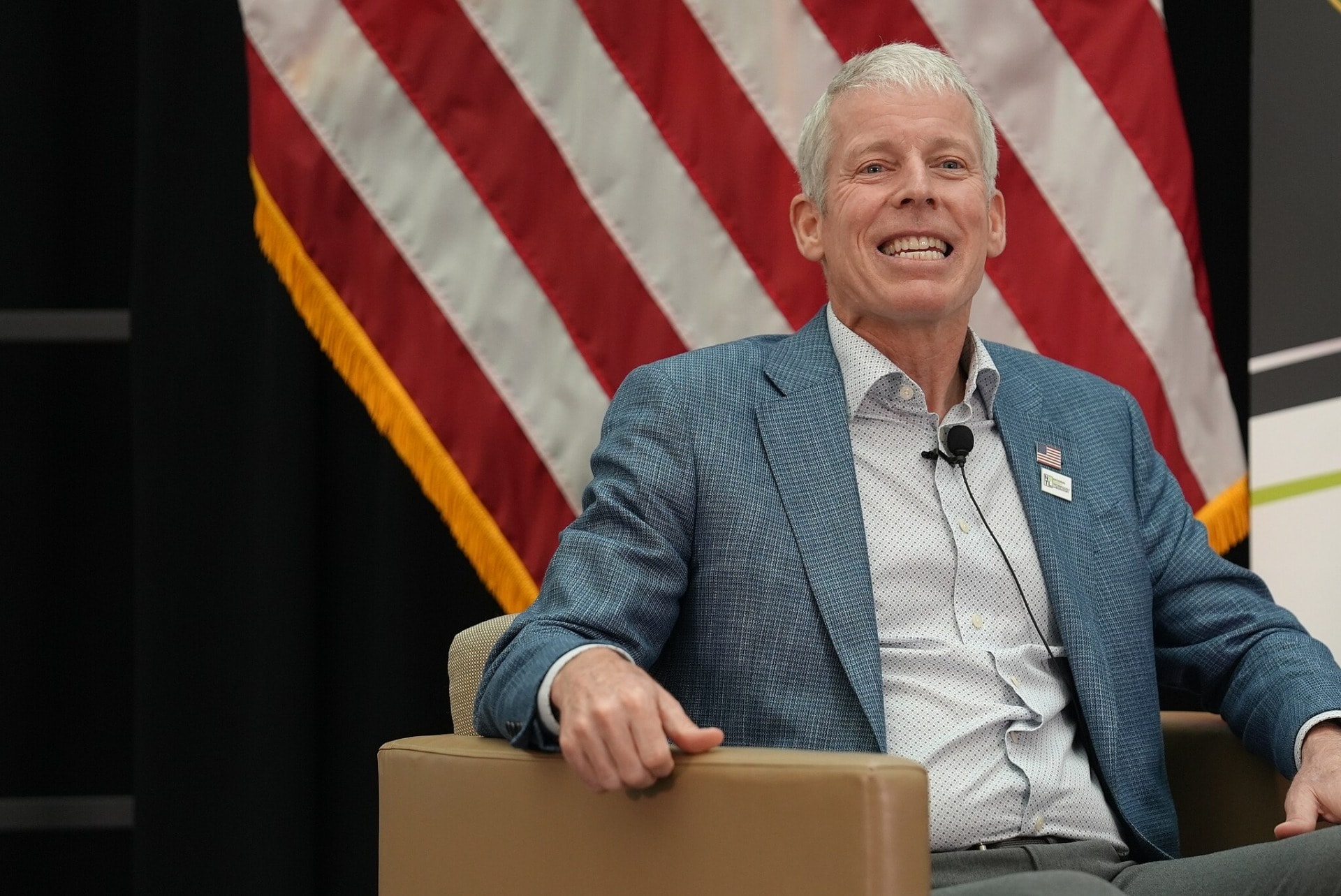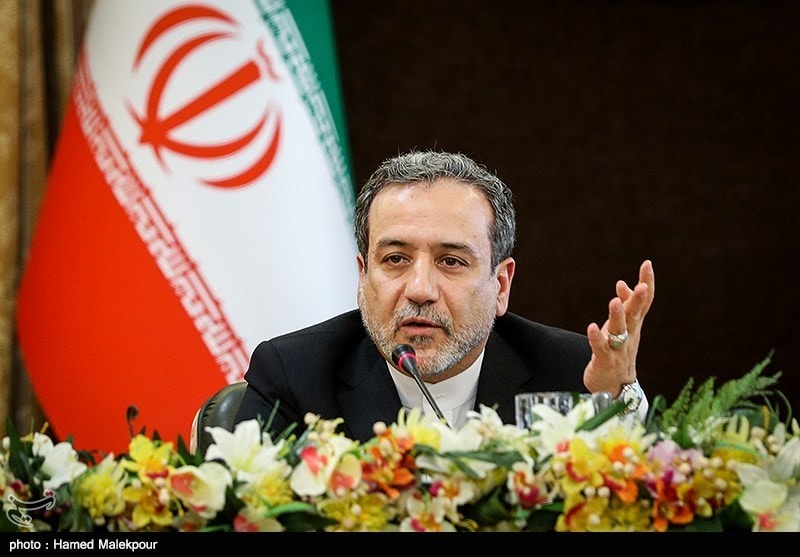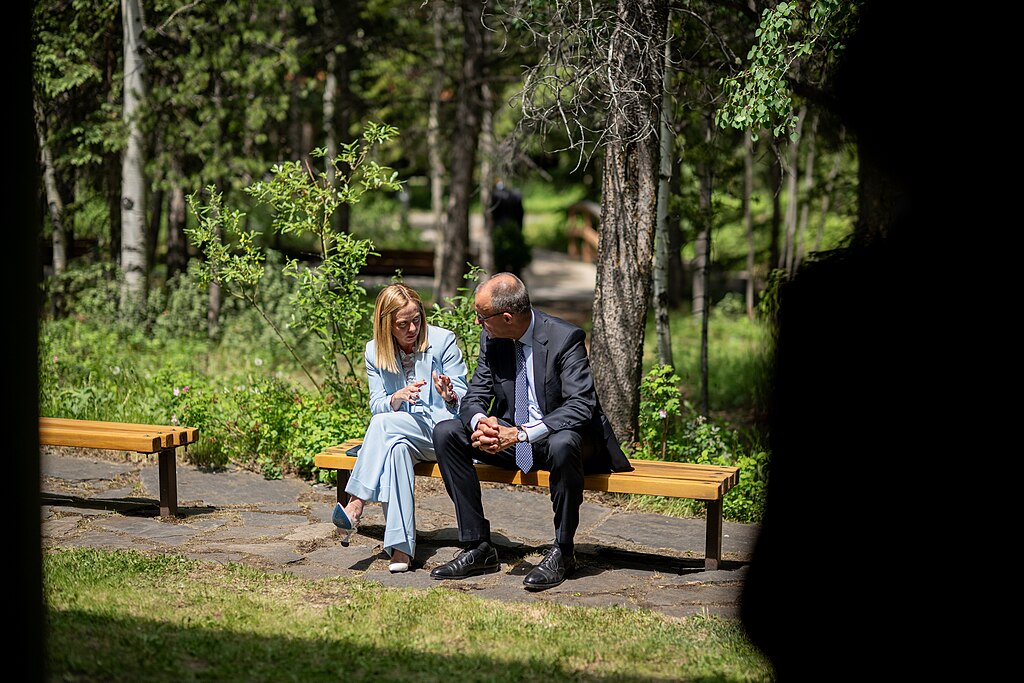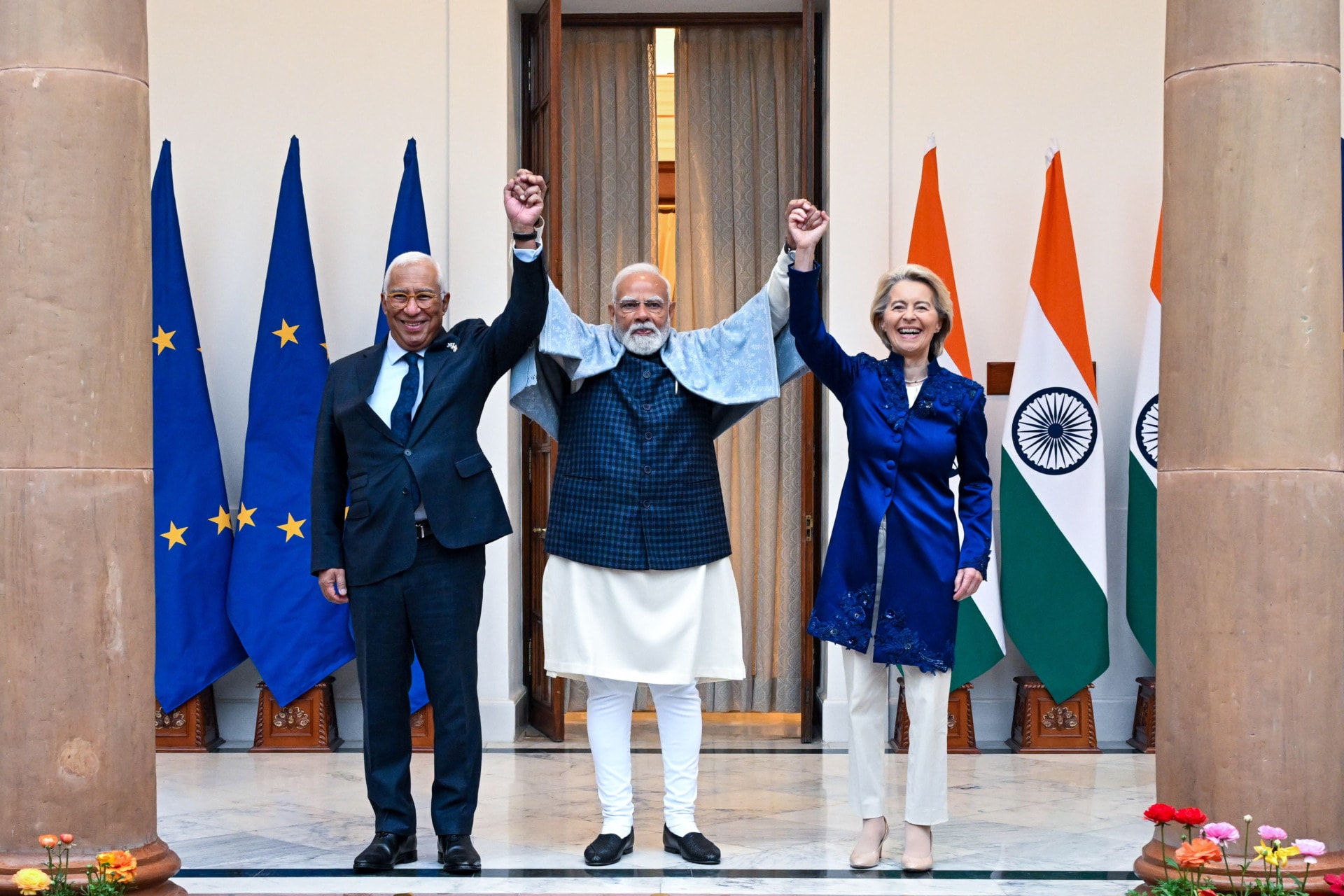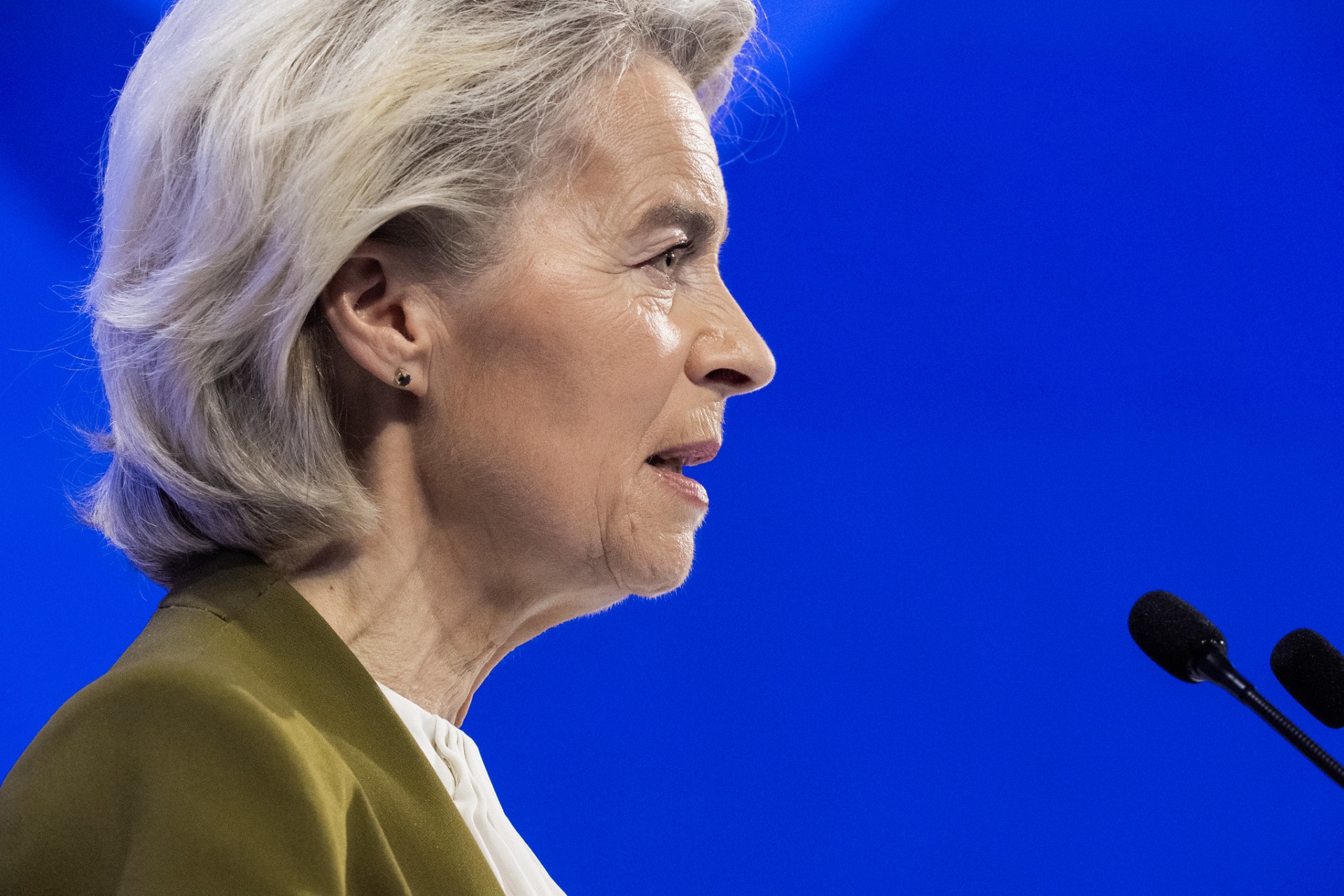Editor’s Note: This is the story behind Noora Health, an innovative healthcare startup that set out to redefine healthcare in India and grew explosively since its founding in 2014, with yet more potential growth ahead in Asia.
Two graduate students at Stanford University, the center and motor of Silicon Valley, enrolled in a course in social innovation a decade ago, and they took to heart the lessons of Silicon Valley for social entrepreneurs. The capstone experience in their social innovation course led them to India to explore possibilities for innovation in health care.
Their most important insight there was to view the masses of patients’ family members crowding Indian hospital corridors, waiting rooms, and beyond as an asset rather than a liability. They designed training programs for family members, to replace the poorly explained handouts given to patients’ family members upon discharge, and they ensured follow-up.
They converted crowded hallways and waiting rooms into classrooms.
How did it Happen?
Noora Health’s co-founders and current co-CEOs, Edith Elliott and Dr. Shahed Alam, built on their personal experience of emotional stress and caregiving in response to personal health crises of their family members in the United States.
They drew upon the demands of Silicon Valley and the lessons they learned at Stanford University: creative, client-oriented design, varied communication tools from YouTube through Bollywood, experimentation, data collection, measurement, independent evaluation, and constant improvement.
They named their new global nonprofit, established in 2014, in honor of a woman they met who had just given birth to a baby needing heart surgery. The mother didn’t speak the local language, and she had been kept in the dark, as it were, by doctors. Her name was Noora, which means “light” in Urdu. She endured so many things in the Indian health system that were broken, yet she remained hopeful.
Noora Health has trained nearly 2.5 million patients and family members in more than 300 hospitals in India and Bangladesh, and they have substantially improved health outcomes: Post-surgical cardiac complications have been reduced by 71%, newborn readmissions by 56%, and newborn mortality by 18%.
Plans are underway to expand Noora Health’s program to Nepal and Indonesia, and discussions have also been held with the Henry Ford Health System of five hospitals around Detroit about the introduction of a comparable program there.
Creating a Model
Noora Health established what it calls the Care Companion Program (CCP), a range of products developed to train particular populations and address specific health conditions.
Gradually expanding from hospital to hospital, Noora Health established a positive record in 2016 and 2017. Starting largely in more flexible private and specialty hospitals like cardiac centers, they slowly gained recognition in public hospitals for their training in newborn care.
India suffers more than one-quarter of the world’s neonatal deaths, and Noora Health had an answer for this problem: In a study of 5,000 babies born in public hospitals, babies whose mothers participated in the CCP training were less than half as likely to have to return to the hospital for problems, compared to babies whose mothers had no training.
At present, the CCP is tailored to families of newborns, cardiac care, general medical and surgical care, tuberculosis, and Covid-19 patients. Its primary impact indicators are a reduction in post-discharge complication rate, preventable inpatient readmission rate, and adoption of evidence-based health behaviors.
They established tele-training for Covid-19 patients in home isolation. Its end-to-end system helps families absorb and retain lessons.
Noora Health increases the capacity of the health system by reducing the burden on professionally trained healthcare staff and augmenting it with family members. It builds on the universal, emotional commitment of family members to help their loved ones.
Noora Health’s founders created the CCP not just for but with patients, family members and providers of health care. Thus, it was not an external imposition but a much-needed support.
Individual modules were carefully tested, and they are constantly adapted to new environments and in response to continuing monitoring and evaluation.
Increasing Hospital Efficiency
One overall result is an increase in hospital efficiency in the areas where Noora Health has been engaged. By turning anxious family members into empowered providers of care, they reduce preventable patient complications.
Family members are encouraged to try their new skills, such as taking temperature and providing physical therapy, under hospital supervision before they go home and use them on their loved ones.
Noora Health’s training frees up the time of nurses for more urgent tasks and increases the availability of hospital beds by reducing complications and readmissions. Noora Health helps families take better care of themselves and their patients at home, with the result that hospital capacity is increased.
Edith Elliott, Noora Health’s Co-Founder and Co-CEO, observes that the urgency of the hospital experience sharpens the focus of family caregivers. Noora Health has increased trust in health care services in their service area.
In practice, they have created a Noora Health brand. Its partnership with public hospitals permits consistent communications: “This is the same message you are receiving, from Noora Health and the Ministry of Health.”
Noora Health routinely monitors quality in the hospitals of its public and private sector partners. Program and data collection teams in each participating Indian state conduct observations of the CCP and coach nurses and administrators for quality improvement.
The coaches themselves are extensively trained under Noora Health’s Training of Trainers model. The organization has partnered with the Stanford School of Medicine and the Harvard T.H. Chan School of Public Health on research designs, and it expects to expand these partnerships. Its reach now covers seven states in India.
Commenting on Noora Health and public hospitals, one Indian user observed:
“These days no one goes to government hospitals. We think they are careless. They won’t look after us properly. I was so happy seeing how good the government hospital is [where Noora Health is active]. Private hospitals charge us a lot more and also scold us. But here the rates are reasonable, they take care of us nicely and do things for our well-being.”
Raising Funds, with Success
Raising funds has been essential to Noora Health’s progress, and a significant indicator of its success. Its expansion from a small number of hospitals to more than 300 has been largely financed by donations from family foundations and the networks which its co-founders established at Stanford University and in the Bay Area. By 2021, its budget had increased to $4 million.
In 2022, the co-founders were invited to give a TED Talk, with Bill Gates and other Venture Philanthropists in attendance.
The Audacious Project and the Skoll Foundation catalyzed pledges totaling $52 million.
Aiming to help great changemakers dream bigger, The Audacious Project is a typically bold philanthropic activity housed by TED. It convenes funders and social entrepreneurs, such as Noora Health’s co-founders, with the stated goal of supporting bold solutions to the world’s most urgent challenges.
The Skoll Foundation invests in, connects, and champions social entrepreneurs and other social innovators to advance solutions.
Together, these Venture Philanthropists are furthering Noora Health’s vision of a world where patients and their caregivers are a core component of healthcare delivery and family-member training is a standard of care. Their massive injection of funds will help Noora Health realize its vision of reaching 70 million caregivers and patients in four countries over the next six years.
More importantly, the Noora Health team will be transforming health systems and helping their partner countries to achieve Universal Health Care under the UN’s Agenda 2030 Sustainable Development Goals or SDGs.
Editor’s Note: The opinions expressed here by Impakter.com columnists are their own, not those of Impakter.com –In the Featured Photo: It takes a family…Source: Noora Health


